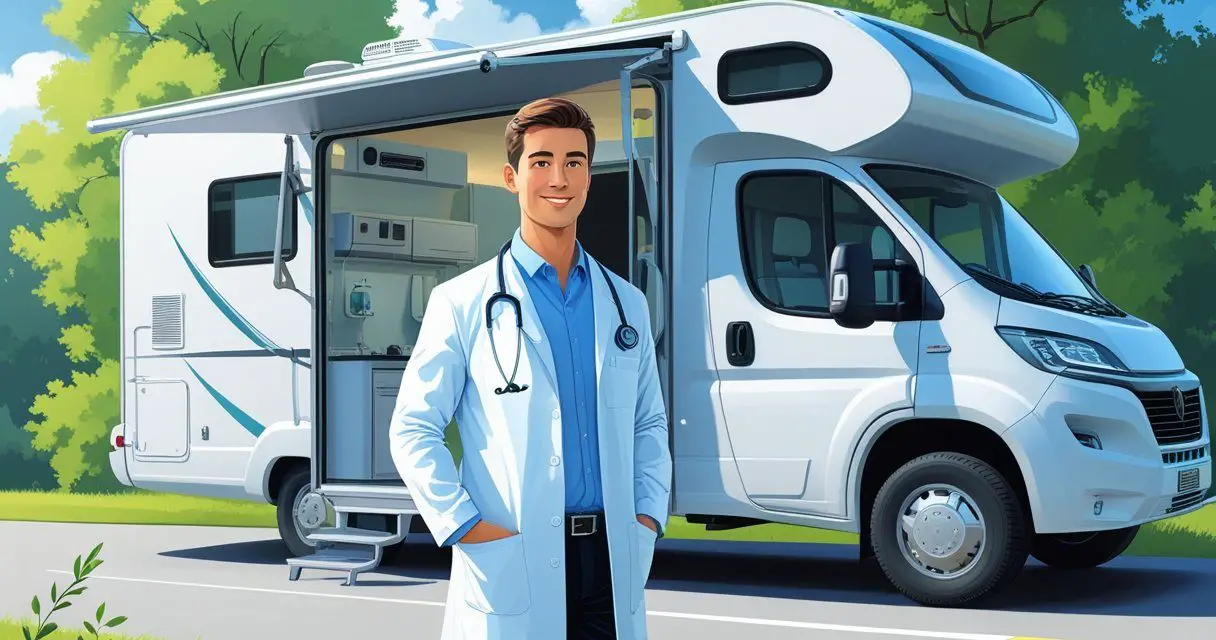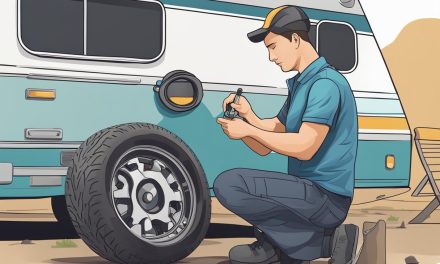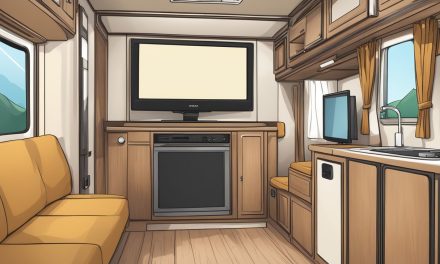We asked you, our adventurous readers, a question that strikes at the heart of life on the open road. Managing health away from a permanent home base is a puzzle every RVer must solve.
This topic is crucial because a medical issue can turn a dream trip into a logistical nightmare faster than a wrong turn down a dead-end road. We recently posed this very question in our newsletter poll to see how our community stays healthy.
The results are in, and they paint a fascinating picture of our collective preparedness. Make sure you’re subscribed and voting in future polls so your voice is part of the findings!
Here is a breakdown of how our readers manage their medical conditions while RVing.
| Management Method | Percentage |
|---|---|
| Regular Check-ups | 58% |
| Medication Management | 21% |
| Telemedicine | 11% |
| Emergency Plan | 10% |
Would you like to save this article?
The Proactive Planners Are in the Lead
A resounding majority of you are faithful followers of regular check-ups. This is the “ounce of prevention” crowd, wisely avoiding pounds of cure somewhere between Barstow and Bakersfield. They believe in tackling problems before the check engine light comes on, both for their rig and their ribs.
This strategy is brilliantly sensible. It’s far better to get a scolding about your cholesterol from a doctor you know.
The Pill-Toting Professionals
Coming in a strong second are the masters of medication management. These organized individuals have pill sorters that would make a pharmacist weep with joy. Their mantra is simple: keep the prescriptions filled and the cabinet stocked.
For them, a bumpy mountain pass is just another opportunity for a perfectly timed dose. They know that forgetting a pill is a bigger crisis than a blown fuse.
The Tech-Savvy Travelers
A smaller but savvy group has fully embraced the modern world of telemedicine. Why find a local clinic when you can have a doctor visit via satellite internet? This group gets medical advice with a view, diagnosing a rash from the red rocks of Sedona.
It’s convenient, though occasionally dependent on a strong cell signal. Let’s hope your connection doesn’t buffer right as the doctor says, “And how long has it looked like that?”
The “Hope for the Best” Brigade
Finally, we have the minimalists who swear by a solid emergency plan. This ten percent is not sweating the small stuff. They are the MacGyvers of the medical world, ready to improvise, adapt, and overcome with a first-aid kit and a prayer.
Their plan likely involves knowing the nearest hospital and having good insurance. They operate on the belief that being prepared for the worst makes it less likely to happen.
Conclusion: Why We Think the Results Shook Out This Way
We believe the results heavily favor regular check-ups because this method offers the greatest sense of control and normalcy. Life on the road is inherently variable, so establishing a consistent, proactive health ritual provides a comforting anchor. It’s a tangible tie to their pre-RV life routine that mitigates the perceived risks of nomadic living.
Furthermore, managing medications is a daily, non-negotiable task for many, making it a high-priority strategy. In contrast, telemedicine, while innovative, may still face trust and connectivity barriers for an older demographic. The surprisingly low score for an emergency plan likely reflects a common cognitive bias; most people prefer to plan for fun, not for crises, believing “it won’t happen to me” until, of course, it does.







